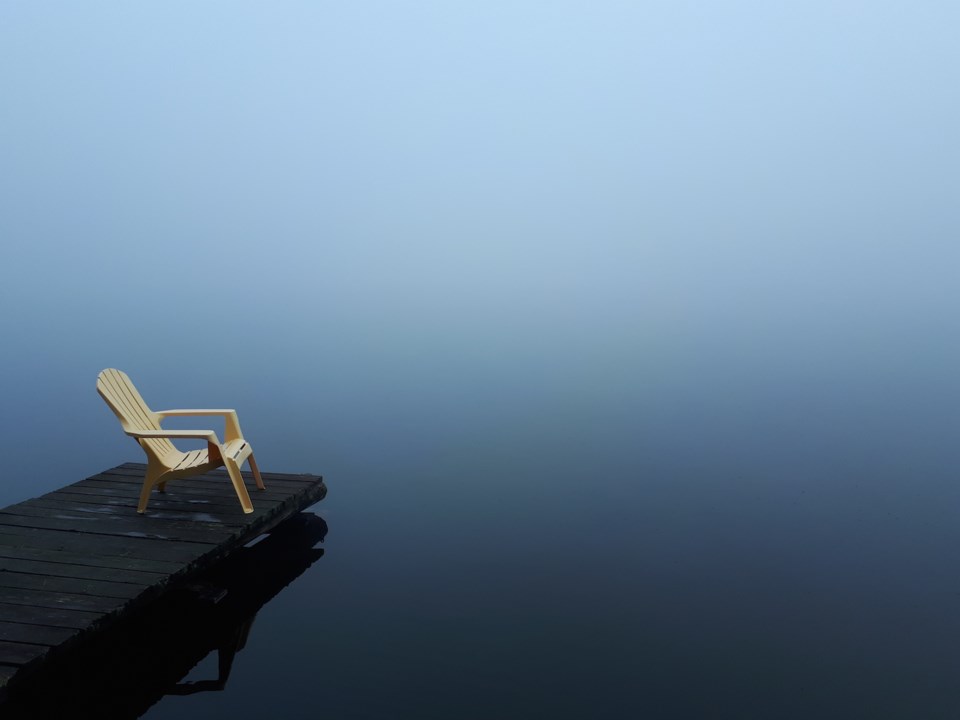Sometimes it’s hard to believe that war and conflicts exist when we sit in our happy little homes in Guelph and the surrounding communities in Wellington county. But wars do exist, and the many refugees seeking a home in our region bring that fact to our doorstep. Conflicts do exist—so what are we to do about it as Canadians and as a global community?
At the recent NATO meetings, the U.S. president told their 29 members that some countries, including Canada, are not paying their fair share.
It seems to me we are good at tracking and committing to spending on things like NATO. It may be very necessary.
We know how much we spend on war, but how much are we spending on peace? For many, it seems the only solution to bringing peace is to bring war first.
Let me start by acknowledging that military engagement may be one part of keeping peace or preventing conflict. But, why isn’t the world spending more on democratization, reconciliation and peace-building in general?
It seems to me that military objectives are often much easier to measure and manage than peace objectives. Invading a country with soldiers is one thing, but how do you invade a place with peace? In fact we know. Pillars of peace such as an honest business environment, free press, control of corruption, empowerment of all, positive relations with neighbours and a host of other factors lead to a more stable country. The Positive Peace Report 2017 indicates that a breakdown in just a few of these pillars can bring about conflict.
The peacebuilding index (Visionofhumanity.org) reports that some US$18.35 billion invested in Rwanda since the genocide of 24 years ago is resulting in better education, freedoms, fewer weapons and better security. That’s a lot of money, but it’s cheaper than peacekeepers, international aid and having to deal with a global refugee crisis.
Investment has worked in Rwanda, Sierra Leone, Liberia, Peru, Georgia, Côte d’Ivoire and the Gambia, all of which live in relative stability though torn apart by war less than a generation ago.
The 17 sustainable development goals, though not aimed at creating peace specifically, help move the globe closer to stability by improving conditions for marginalized people. In either case, Canada is committing less to these goals through international development than even past Conservative governments. Furthermore, we have never reached the 0.7 percent of GDP, that the UN asks for. So if we believe in peace, let’s invest in it. It is cheaper and produces fewer refugees and less suffering over the long term.
And so, going back to my observation about NATO. We currently set targets for military spending. Would it not also make sense for governments to commit more support for the pillars that we know create a peaceful and stable country? Peace is not simply the end of war.
Of course, these are heady issues. They are far too complicated to cover in a short column like this. As a taxpayer, a humanitarian or a person of faith, do you not wonder, as I do, about how much suffering we’d prevent if leaders complained about how little we are spending on peacebuilding rather than just on the military?
This week I drove from Guelph to the family cottage near Haliburton. I sat quietly on the dock. My contemplation of war and rumours of war was in stark contrast to my sublime setting. I took this photo as the early morning mist softly rolled in. Loons called across the lake to each other. It was a, restful moment. I often take for granted the kind of peaceful life I live in Canada. It’s a peace that comes not only from lack of war, but from a set of complex principles that build society.
Peace, friends.
“Peace is not merely the absence of war but the presence of justice, of law, of order—in short, of government.” ― Albert Einstein, On Peace
